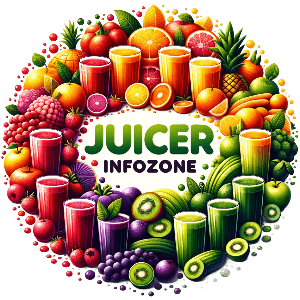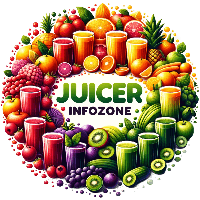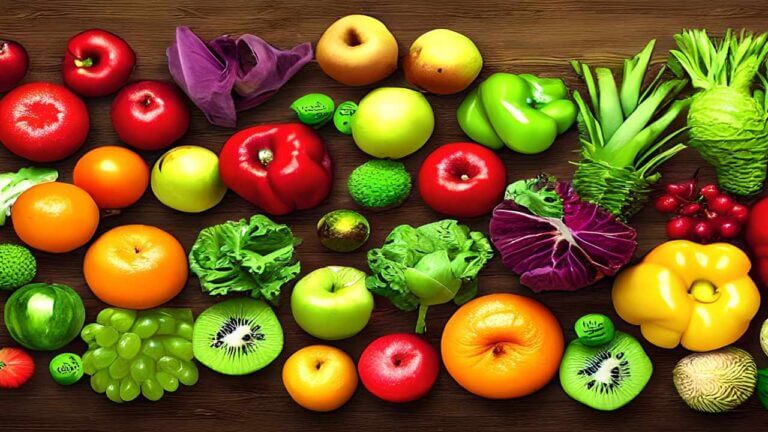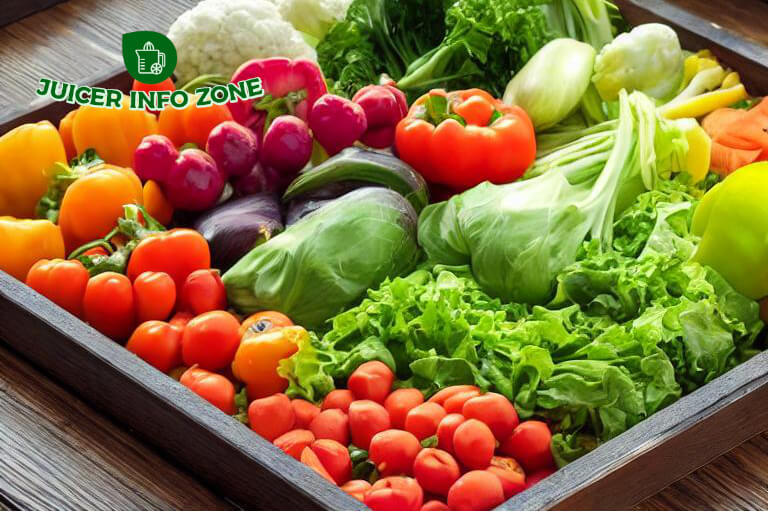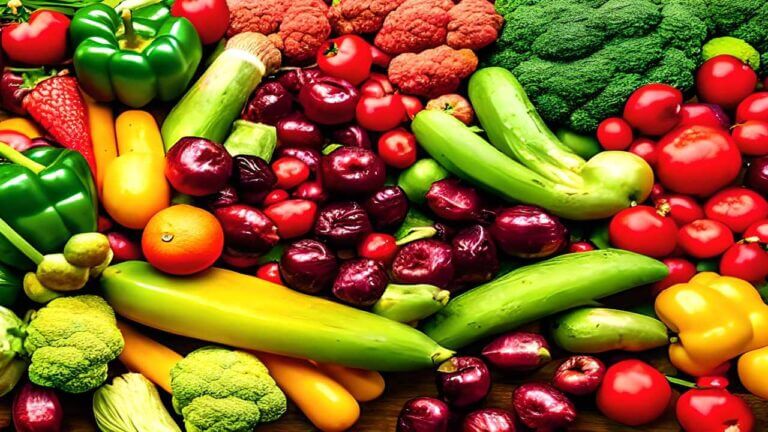Does Juicing Help Build Muscle?
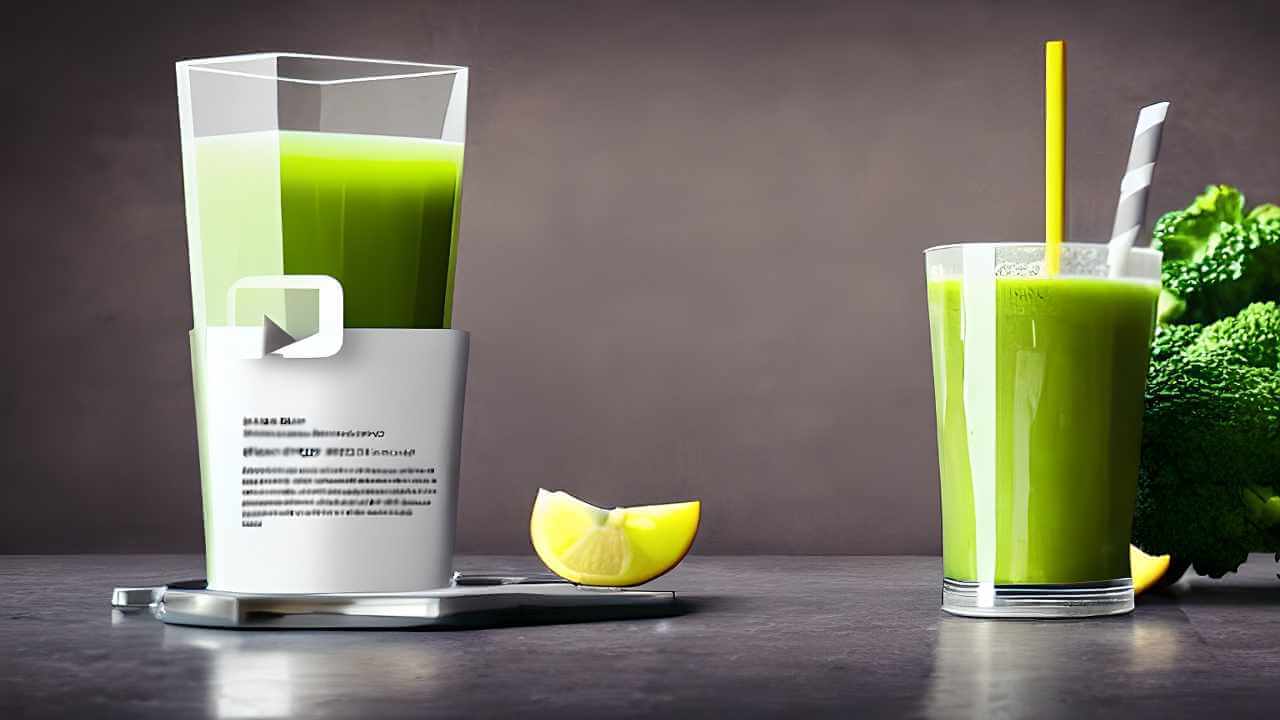
As we mentioned earlier, consuming more calories than you burn will result in weight gain. When it comes to choosing which foods are needed for your daily nutrition plan, the amount of protein that an individual eats can make a difference in how their body uses the food they consume.
Some individuals believe that eating high amounts of protein is not necessary as long as they eat enough carbohydrates. While having adequate levels of protein is important, limiting yourself to a low proportion of your diet that is made up only of meat and no carbs may be creating nutritional deficiencies.
This article will discuss whether or not there is any evidence supporting the claim that juicing helps build muscle. We will also look at some potential negatives of drinking large quantities of liquid during the day.
Does Drinking Liquid Make Sense?
Drinking lots of water and other liquids can help prevent you from wanting to eat too much of one particular food group. By replacing the empty space left by removing the drink from the plate with something else, you reduce the desire to fill the empty space with chips or pasta dishes.
On the flip side, drinks can contribute around 500-1000 kcal to your daily intake depending on what kind of beverage you choose! This can increase your total calorie consumption if you aren’t careful.
What is muscle growth?
When we talk about building muscles, what we are referring to is an increase in connective tissue and fluid surrounding your muscles. This is referred to as hypertrophy (growth) of your muscles.
Muscle growth happens when you exercise enough for the right amount of time. To see more dramatic results, you have to combine weight training with some kind of nutritional aid like protein or creatine supplements or eating more food during the rest of the day.
Drinking lots of water can also help keep your body hydrated, which helps promote muscle growth. Nutritionists recommend having six glasses of water per day, but research shows that eight is just as good if not better.
Research also shows that adding a little bit of milk every night may improve bone health. So instead of none or one glass, try two tablespoons. That’s the amount of milk most people eat after drinking a workout drink!”
It seems clear that nutrition plays a major role in helping us achieve our fitness goals. But how much difference does it make?
A recent study determined that the type of liquid you consume while working out makes no significant difference on total muscle mass. They did find small differences in lean body mass (the proportion of healthy fat and muscle in your body) and thigh circumference, but these changes were so slight they concluded there is no need to be limiting yourself from all beverages before workouts.
Does it matter if I am eating enough protein or carbs?
While some claim that drinking your own juice is more efficient than using a blender to eat foods, there are no studies proving this theory. In fact, making juices of only fruits and vegetables can be expensive as you have to use special equipment to extract all of the nutrients!
If you’re looking to reduce your health-care costs, we recommend staying away from fresh fruit and vegetable juices. It is not cost effective in comparison to buying supplements or nutrition bars that contain similar levels of vitamins and minerals.
It is also important to make sure that you are getting an adequate amount of protein by eating meat, fish, nuts and/or supplementing with milk.
Will I get bulky?
While some people claim that drinking your juice every day will create muscle, there’s no proof of this theory. When you drink lots of liquid, you can sometimes lose bone density due to it taking up all of the water in your body.
This happens because as your body starts to run out of water, it pulls from the bones for hydration. If you don’t give your bones enough time to re-hydrate, they may become brittle and break down.
So even though you might be drinking more than ever before, you could actually be putting yourself at risk of osteoporosis and weight loss! This would include potential risks like fracture or collapse of any vertebrae, hip or rib fractures, or breaking off pieces of bone.
Furthermore, although many people believe that juicing is an excellent way to gain weight, there are also reasons why this isn’t the case. First, dry weight lifting doesn’t fill you up so you won’t consume as much food while working out. Also, most fruits and vegetables have natural toxins that help keep your body in check.
Drinking too much raw fruit and vegetable purees could potentially remove these protective agents so you could suffer serious health consequences later.
What does it mean when your skin starts to get tight?
When you’re dehydrated, your body uses more energy to re-hydrate so it can work properly. And since most people are not drinking enough water, your muscles will pull in extra glucose from your blood to make up for the lack of hydration.
This process is called gluconeogenesis. Glucose comes from digestion or metabolism of foods, but some food also contains glucose that gets stored instead.
So while eating a balanced diet may help keep weight down, making sure you’re drinking enough water could be just as important. We recommend 8–10 glasses per day!
Does juicing help build muscle? Absolutely! Plus, there are many different ways to do it. Certain types of juices (such as green juice) contain adequate protein to aid in muscle growth.
But remember, too much protein can lead to inflammation which has been linked with obesity. So go light on the greens, and enjoy your drink without any extras.
Will I get fat?
While some people claim that juicing is bad for you because it can lead to weight gain, this isn’t necessarily true. It seems like every day someone blogs about how many different ways you can mix fruits and vegetables and drink your juice!
Many of these diets are marketed as helping you lose weight, but what few know is that some parts of those diets may actually be used to promote muscle growth.
There have been studies done where participants were given an adequate amount of protein without carbs or glucose and they found that their muscles grew. This suggests that if you are not eating enough carbohydrates, your body will start using other nutrients to provide the needed fuel.
These include proteins and fats which can be stored in your muscles. By giving yourself extra nutritional intake, you can help repair and grow strong. Obviously, more calories mean bigger muscles but making sure your diet has enough nutrition can do the same thing!
Another myth is that all plants are equal when it comes to health.
What should I juice?
A popular way to drink your beverages is via a practice called liquid nutrition. You can find yourself drinking juices, water extracts or supplements in shakes or add-dishes. Most people begin with one type of beverage and then move onto another.
Many people start experimenting with different drinks before finding one that they like and/or see results from. There are several types of beverages that you can experiment with. These include plain old water, green tea, bone broth, antioxidant rich fruits and vegetables, and protein powders.
Protein powderists say that by mixing them into your daily diet, you will gain weight faster and keep it off for longer. They claim that these boosts help grow new muscle tissue, promote healing, and give you an overall feeling of wellness.
There are two major reasons why some people may want to try juicing. The first is because it is cost effective as you do not need special equipment to make most things in a blender. Some companies have whole leafy greens pre-processed so all you have to do is blend and sip!
The second is due to the fact that many people believe that adding more nutrients into your system can boost metabolism and aid in weight loss. However, there is no proof that this is true.
It is important to be careful how much extra nutritional value you are ingesting when trying to lose weight.
What are the health benefits?
One of the biggest reasons people start doing juice cleansing is to find the health benefits. Many claim that it helps with weight loss, increases your metabolism, boosts your immune system and aids in digestive function.
Some even say it can aid in curing or preventing certain diseases like cancer! All this while giving your body more nutrients than it gets from only eating foods.
However, there isn’t enough high quality research done to prove any of these claims true. In fact, several studies show that drinking too many juices may do the opposite of helping you achieve your goal weight and health.
That is why we recommend starting off by experimenting with one type of juicer before trying another. Also, be sure to use pure fruits and vegetables for the most benefit. Unfortunately, some initial reports about the effects of juicing were not fully researched.
This article will talk about the potential dangers of excessive juicing and whether or not they are worth it.
What are the recipe tips?
When it comes to adding more juice to your glass, make sure you do not overdo it. Too much liquid can have opposite effects on muscle growth!
There is some evidence suggesting that drinking enough water may play a role in promoting lean body mass by helping to maintain proper internal fluid levels. However, drinking too many liquids can be harmful for individuals who are actively trying to gain or lose weight. Overdrinking could actually contribute to dehydration, which can slow down muscle function and potential fat loss.
Drinking adequate amounts of plain water should be sufficient to meet your body’s demands. If you find yourself needing a drink, then try to ensure its composition includes minerals such as calcium and magnesium. Water with added flavor or stimulants like caffeine may also be helpful if you are seeking the same benefits.
For people looking to achieve their fitness goals, avoiding excessive drinks is an important part of limiting unintended side effects.
